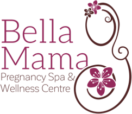Tips for Dealing with Postnatal Depression
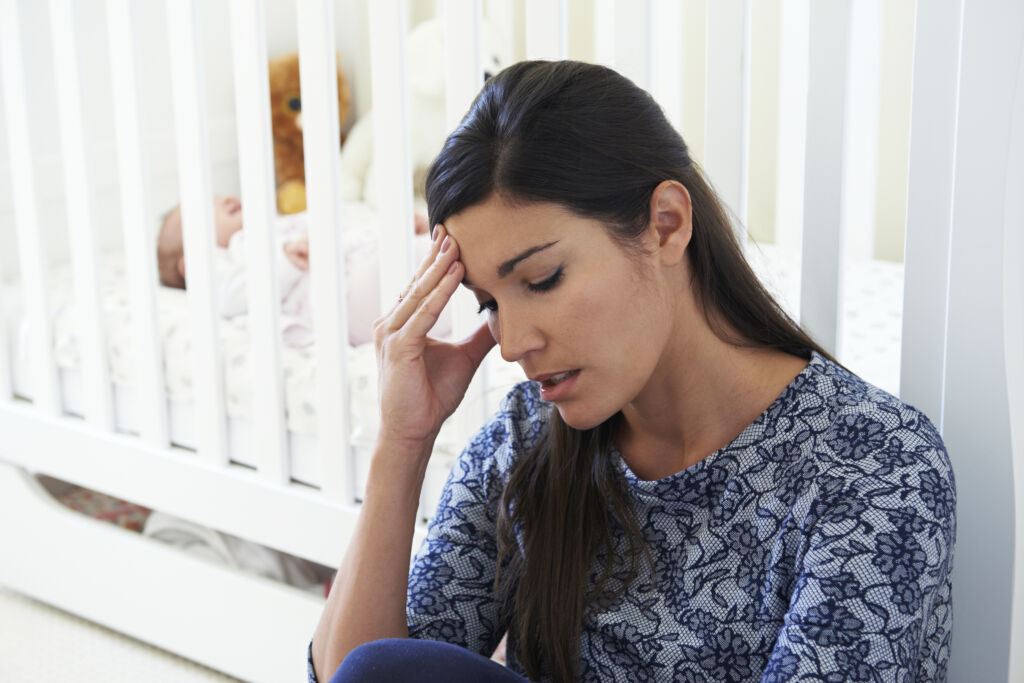
Did you know that up to 15% of all new mums experience postnatal depression after giving birth? And that’s only the reported cases. If you have been feeling low and not yourself since giving birth, and that feeling is not going away, you are certainly not alone.
But what is it exactly, and what can you do to get back to your normal, happy self?
What is Postnatal Depression?
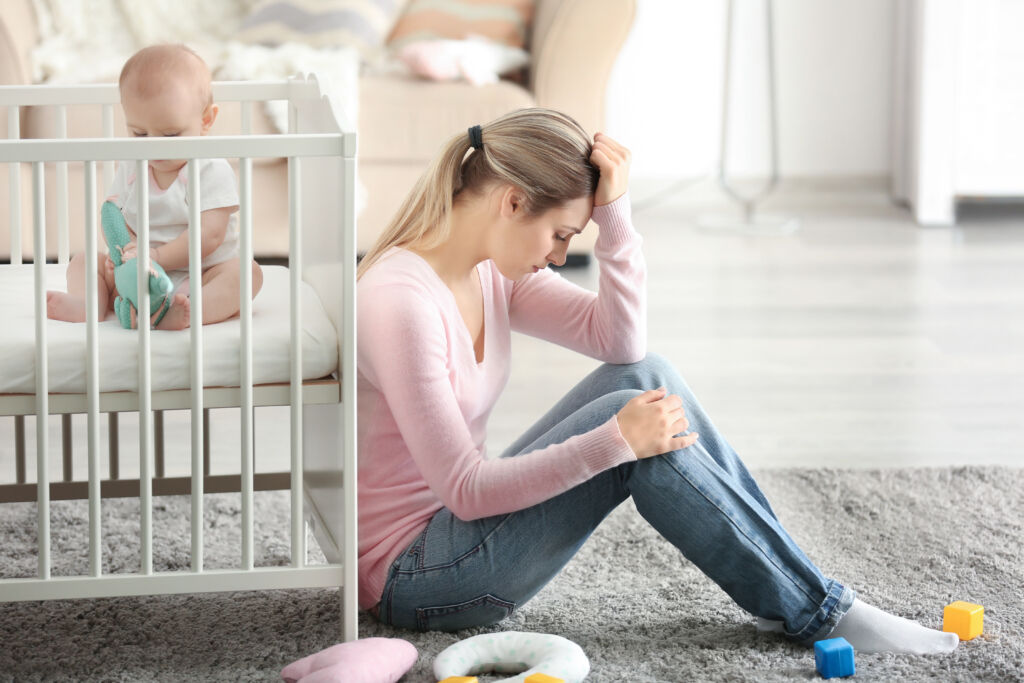
Postnatal depression is a treatable psychological disorder experienced by women around the globe. It can start anytime during pregnancy or during the first year of your baby’s life. You might experience symptoms like:
- Not being interested in your baby
- Not being interested in family members or friends
- Difficulty doing everyday tasks
- Feeling sad most of the time, to the point that sleeping and eating habits change
- Feeling worthless
- Feeling anxious, panicky or overwhelmed
- Blaming yourself when things go wrong even if it’s not your fault
- Not feeling close to your baby or family members
- Suicidal thoughts
- Thoughts of hurting your baby
Dads can also experience postnatal depression, which is often not picked up.
Postnatal depression can be managed effectively, and you will feel better. The first (and most important) step is to ask for professional help.
What is the Cause of Postnatal Depression?
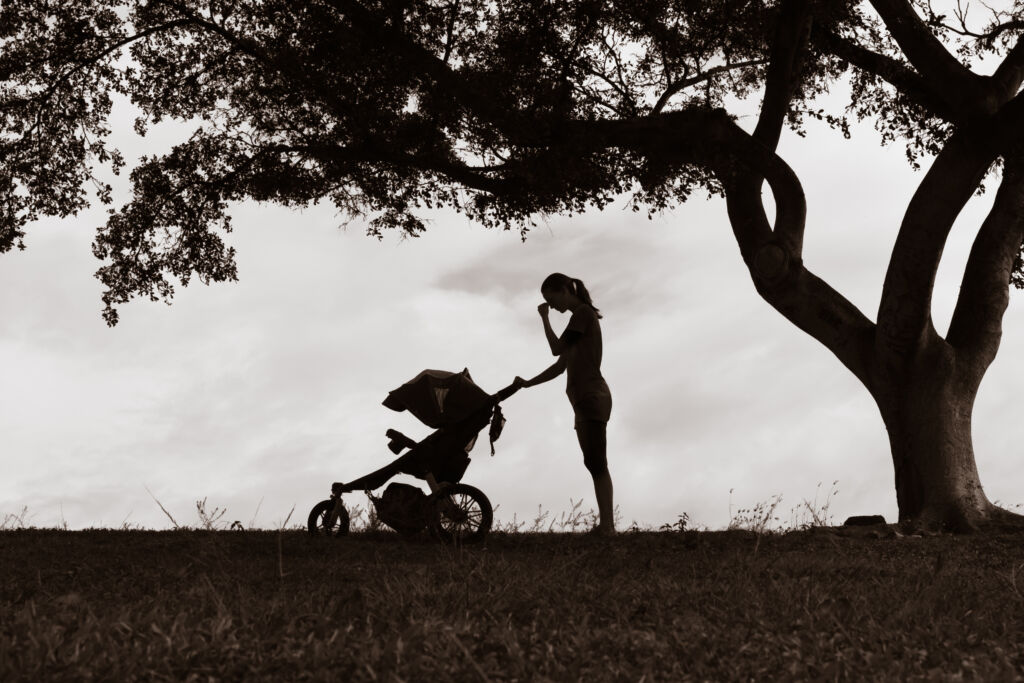
Anyone can experience postnatal depression– no one is immune. There are risk factors which make the likelihood of experiencing postnatal depression higher. But having these risk factors doesn’t mean you are guaranteed to get it.
- depression or persistent distress in this or in a past pregnancy
- family (whānau) history of depression
- being young (under 20)
- being unmarried or without partner support
- limited support from parents as a child
- limited support from friends and whānau
- challenging relationship with partner
- worries about money or housing
- low self-esteem
What Can I Do To Get Better?
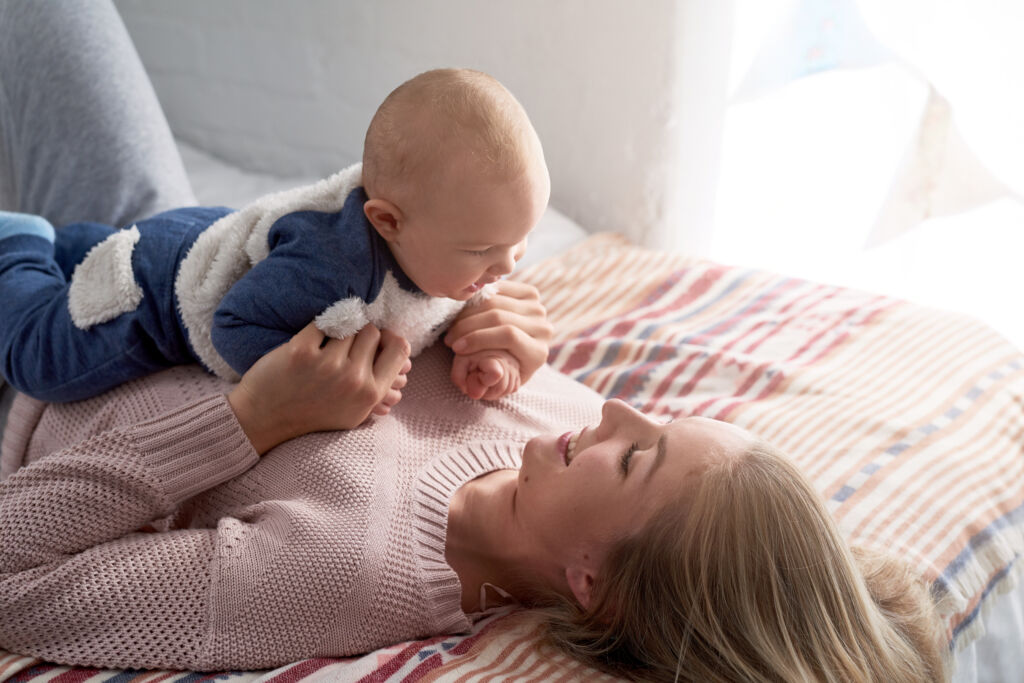
Take the first step and ask for help. There are trained professionals who can support you, give you the information you need and/or point you in the right direction:
- Your midwife or GP
- Plunketline (24/7): 0800 933 922
- Healthline (24/7): 0800 611 116
- Depression Helpline (24/7): 0800 111 757
Talking strategies
Talking can be a great strategy for dealing with postnatal depression. If you have a partner, close friend or family member you feel comfortable confiding in, try talking to them about how you are feeling. Professional counselors experienced with postnatal depression can also be an effective option (phone or in person).
Take care of you
- Sleep when baby sleeps – ask for support if you have family/friends around you who can help
- Eat healthily
- Eat Omega 3’s
- Get some sunshine – fresh air and sun will make you feel better even if its just 10-15 minutes a day.
- Pamper yourself. Have a bubble bath, catch up on your favourite show, do something other than being a parent to treat yourself when you can.
- Depression.org.nz has some great ideas and information on postnatal depression
Slowly introduce exercise
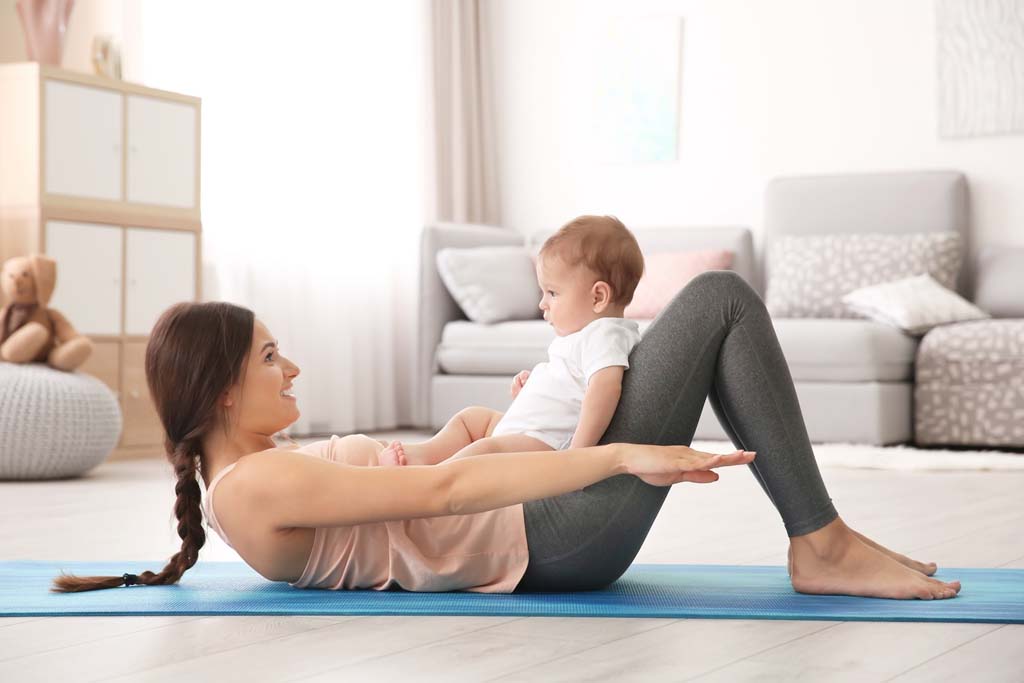
Research has shown that exercise may help combat postnatal depression. Exercise also reduces stress, helps you sleep better, strengthens the abdominal wall and increases energy levels.
Walking the pram around the block is a great start. Aim for 10-15 minutes a day and build up to 30 minutes a day. Fresh air, moving your body and just getting out of the house can often make you feel better. If you’re having a rough day, remember any exercise (i.e. 5-10 mins) is better than no exercise.
Alternatives to walking could be yoga, your local gym, or other local classes you can bring your baby along to. If you’re not keen on getting out, try out fitness DVDs or online fitness classes/apps which allow you to exercise in the privacy of your own home.
If you’ve had a c-section or complicated birth, check in with your doctor first before starting.
Build a support network
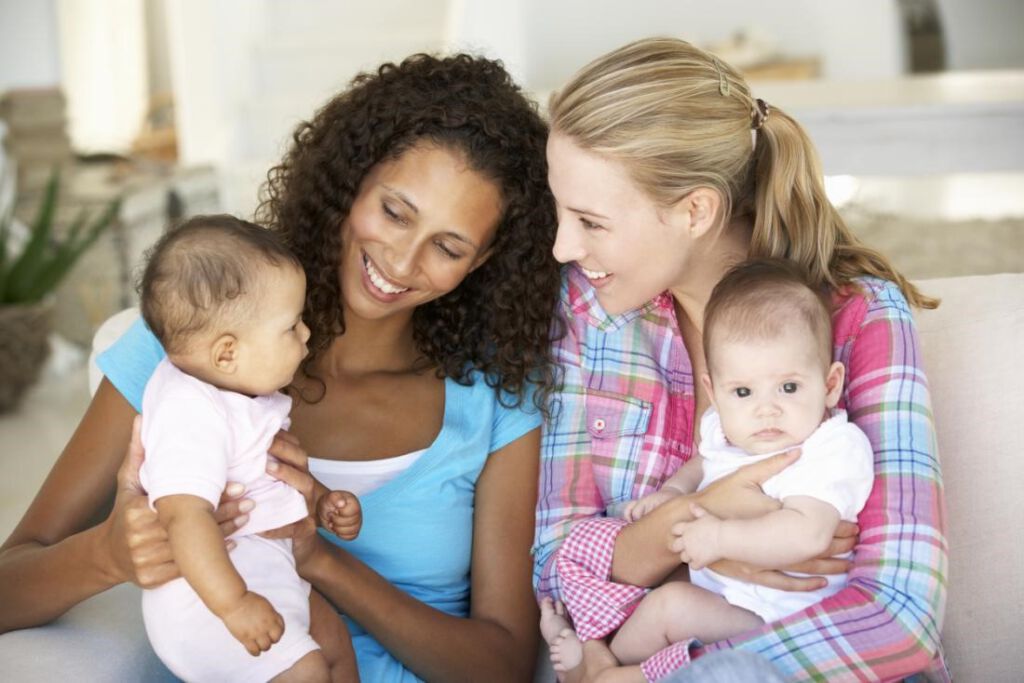
Humans are wired for social connection and interaction. Talking and interacting with others can help reduce stress and deal with life’s problems. Social support can help boost your self-esteem and sense of independence. And as the old saying goes, ‘a problem shared is a problem halved”.
Motherhood can sometimes be lonely and isolating. If you can, talk to other mums with kids of a similar age, or join classes or groups where you can chat to other parents going through the same things as you. It can be reassuring to hear that others share the same fears, worries and stresses.
You don’t need to have an extensive network of close friends. Some people find benefits from regular social interaction with just a few people – be it neighbours, family, or other parents with kids of similar ages.
Medication
Medication can be a key tool in getting through postnatal depression. There are antidepressant medications out there with few side effects (for most people) and which can be taken while pregnant or breast feeding. The decision is totally yours – chat to your doctor who can provide you with information and help you in making your decision.
If you are one of the many mums dealing with postnatal depression, remember that you are not alone. Being depressed is not your fault and does not make you a bad parent. There are people out there ready to help you.
Take care on your journey xx

